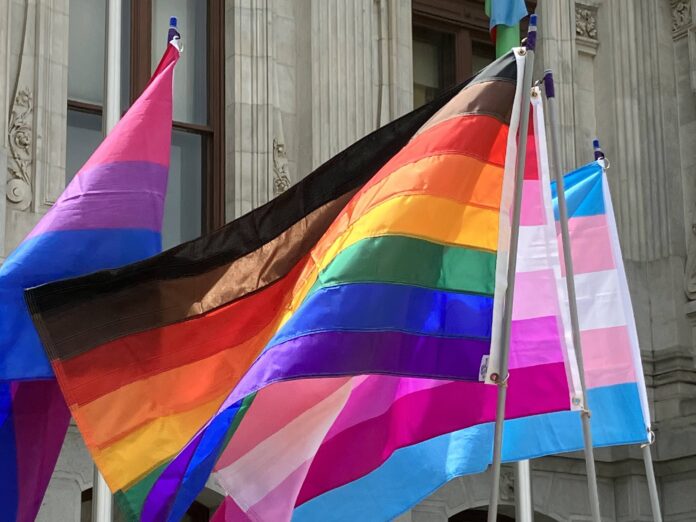It’s a difficult time to write a column, and at times of anger and sorrow — for me at least — there’s an attempt to try and find a little light.
This column tries to point out how the LGBTQ+ community is a part of almost any news that might be happening anywhere in the world. And sometimes, my own city gives me that hope.
Philadelphia may be one of the most friendly cities for its LGBTQ+ community and that was illustrated this week when Mayor Jim Kenney issued yet another executive order to fight how states around the nation are attempting to stop gender-affirming care. It is literally a city taking on entire states. As issues in this country continue to change, so are issues around the world.
For example, we might want to point to last week’s success in Poland where the anti-LGBTQ+ government lost its most recent election. The opposition to that right-wing government embraced the LGBTQ+ community as part of their coalition. Another happy moment came when Mauritius Supreme Court decriminalized same-sex relations. However, not all news has been so positive. India’s Supreme Court declined to legalise same-sex marriage and Nepal’s courts refused to register same-sex couples despite that country’s Supreme Court ruling on marriage equality.
Here’s the bright spot on all those issues — good or bad: We are no longer invisible. In many cases, visibility is the first act of true activism. Visibility will lead to dialogue and that dialogue eventually leads to equality.
Most people reading this may not recall a time when we were invisible. In the 1950s and 1960s, you could not find us in your local newspaper, TV, radio or magazines. And if you went to your library, you might find maybe five books about LGBTQ+ people, but they were in the psychological or criminal behavior sections. There was no internet or cable TV. Being visible in all those places took the work of activists putting themselves out there — risking their future, careers, relationship with family, and sometimes their lives — to help make that change.
That same fight for visibility is happening around the world, even in places where you can immediately be put in jail or killed for being visible. These are incredibly brave people. We can point out the people in Uganda who literally have to create safe houses or the young activists in places like Iran creating secret internet groups and moving on to new groups when government security discovers them.
What Mayor Kenney did this week is the evolution of our community and it’s not just isolated to government. We are in the corporate offices, in media and social services. We are creating a community of health clinics, community centers, housing for our seniors, and safe spaces for our youth. We’re fighting the battles for our trans community.
We are no longer invisible. We publicly demand that our issues be addressed. That gives me hope for the future.
